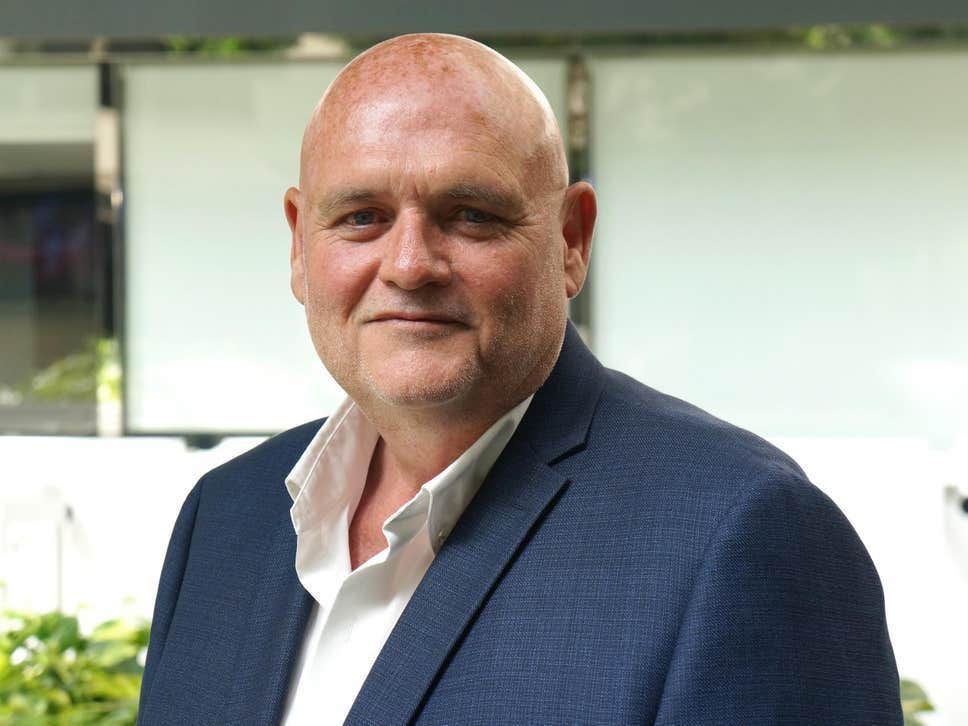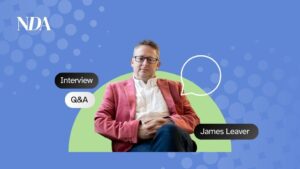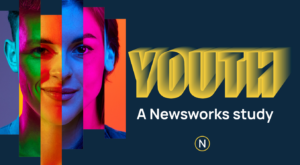The Independent is “the only serious news organisation in the world to transform from print to 100% so successfully”, according to its chairman John Paton. He says that it has been profitable since the day it switched to a digital-only format in 2016 and the topline has grown at a compounded average growth rate of 16% over five years.
Paton joined as chairman of Independent Digital News and Media, which also includes the Evening Standard, in 2019 from the Guardian Media Group and has worked in newspapers for 44 years, working his way up from the tea boy in a newsroom in Canada to founding a number of news companies including Digital First Media and impreMedia.
“I was very attracted to [The Independent] because it is nimble and had adopted the philosophies that I’ve been preaching for years.”
It now publishes in twelve countries and six languages around the world with Russian and Indian editions planned, as well as a digital Independent TV channel. The latest annual figures show that the company finished up 12% in revenue and 17% in profit.
“And we will finish September up 22% in revenue. It’s what it means when a quality organisation goes all digital for sure. And that was an opportunity that was identified very early with the management team and the shareholders,” said Paton.
Around 25% of The Independent’s revenue is derived from content sales – which includes digital subscriptions, licensing and syndication. Advertising makes up 60% of revenues with new product development and digital services the rest.
The Evening Standard had not fared so well – but will this year turn a profit, despite the coronavirus pandemic that took away its largely commuter-based readership.
“We have just gone through a difficult restructuring at the Evening Standard, which had lost more than £10 million pounds a year for the previous three years. He praises the “brilliant” new editor Emily Sheffield and the ”wonderful” new chief executive Charles Yardley.
“They are a dynamic duo,” says Paton. “They are so completely attuned to where advertisers want to be, they have started to put in place the right product mix of digital, mobile and podcasting, it’s really quite remarkable what’s happening there.
“What was interesting is the ES team worked very quickly to revamp all of the products so that each offering whether it be print or digital is the right offering, and it’s really worked.”
Initiatives included the Standard’s first home delivery service turned around in a week, and a focus on “strategic” city locations. The Evening Standard remains London-centric, but the Independent is an “international title” headquartered in London.
He sums up: “It’s really quite a lot of fun to be here, to have these two jobs.”
As our interview was concluding, more positive news came from the group, with the announcement of a landmark agreement with 20 of the world’s leading wildlife organisations on the urgent actions needed to avert another pandemic.
The declaration, brokered as part of the The Independent’s Stop The Illegal Wildlife Trade campaign, was delivered to G20 leaders as they joined their annual summit in Riyadh. It told them that that they have a once-in-a-generation opportunity to capitalise on public demand to invest in nature to protect people and planet. It is the first time that conservation leaders have come together in such large numbers to present a single, united request directed at the world’s leading 20 economic nations.











